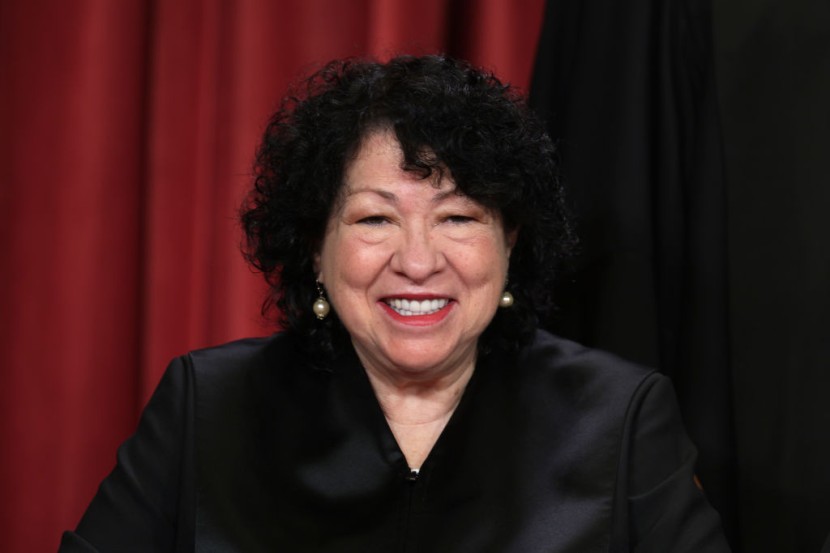
Justice Sonia Sotomayor fired off a scathing dissent against Monday's Supreme Court ruling that Donald Trump has immunity for official acts, saying the decision "reshapes the presidency" by making the nation's leader a "king above the law."
With "fear for our democracy, I dissent," she wrote.
The ruling "makes a mockery of the principle, foundational to our Constitution and system of Government, that no man is above law," she noted.
"Let the President violate the law, let him exploit the trappings of his office for personal gain, let him use his official power for evil ends. Because if he knew that he may one day face liability for breaking the law, he might not be as bold and fearless as we would like him to be. That is the majority's message today," Sotomayor wrote in her heated dissent.
"Even if these nightmare scenarios never play out, and I pray they never do, the damage has been done," she added.
"The relationship between the President and the people he serves has shifted irrevocably. In every use of official power, the President is now a king above the law ... Orders the Navy's Seal Team 6 to assassinate a political rival? Immune. Organizes a military coup to hold onto power? Immune. Takes a bribe in exchange for a pardon? Immune. Immune, immune, immune," Sotomayor chillingly emphasized.
She omitted the typical "respectfully" from her dissent.
Sotomayor was joined in her dissent by Justices Elena Kagan and Ketanji Brown Jackson.
Jackson also issued her own dissent, warning that the majority's ruling "breaks new and dangerous ground" by granting immunity "only to the most powerful official in our Government."
She accused the court of breaching the nation's "core principle" that no one is above the law.
"That core principle has long prevented our Nation from devolving into despotism," Jackson noted.
"Yet the Court now opts to let down the guardrails of the law for one extremely powerful category of citizen: any future President who has the will to flout Congress's established boundaries."
The "majority of my colleagues seems to have put their trust in our Court's ability to prevent Presidents from becoming Kings through case-by-case application of the indeterminate standards of their new Presidential accountability paradigm. I fear that they are wrong. But, for all our sakes, I hope that they are right," she wrote.
"In the meantime, because the risks (and power) the Court has now assumed are intolerable, unwarranted, and plainly antithetical to bedrock constitutional norms, I dissent."









